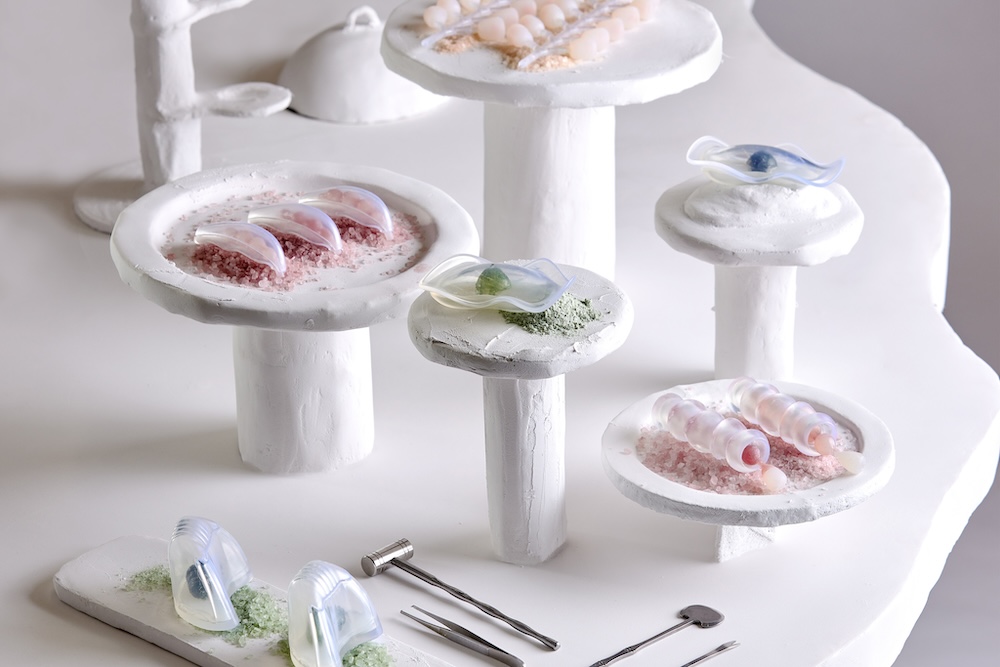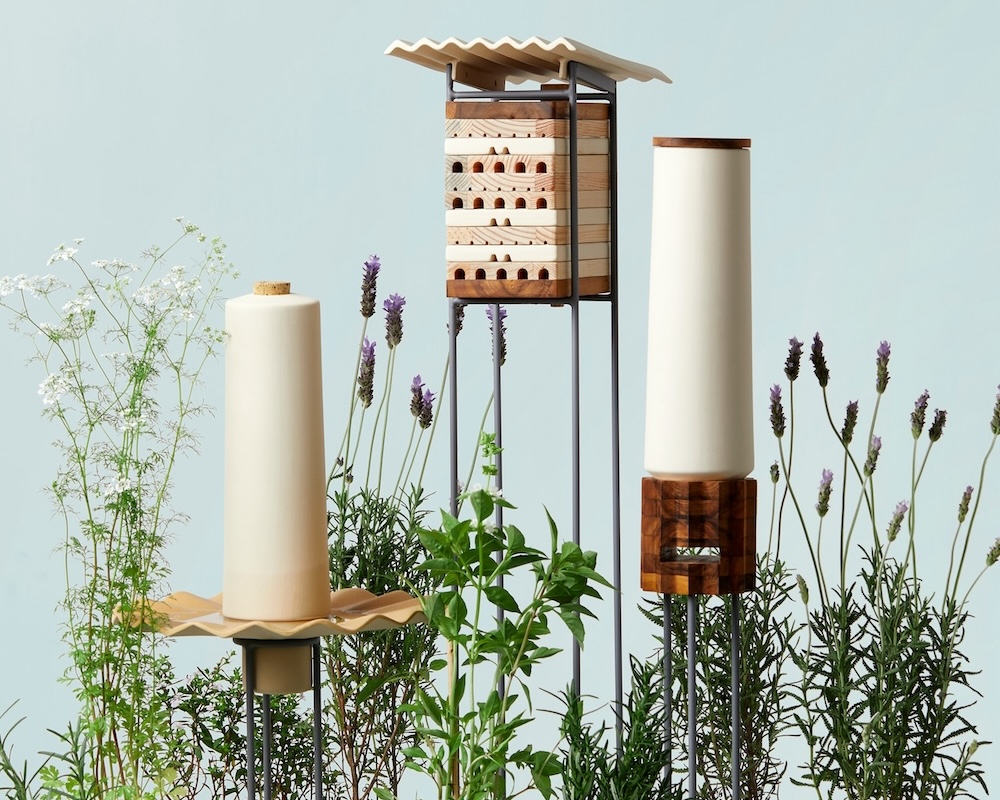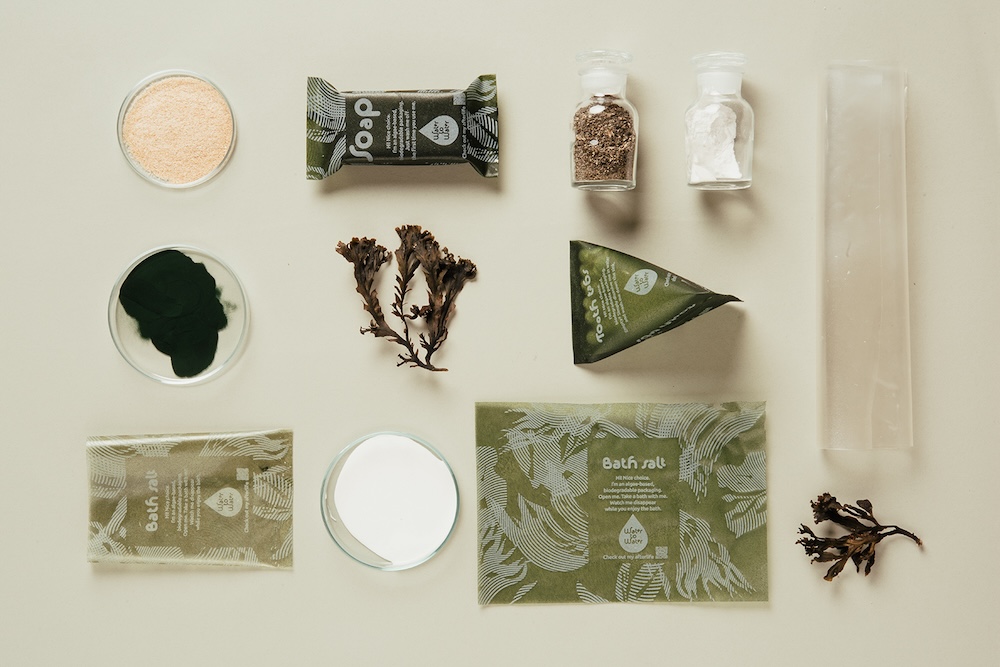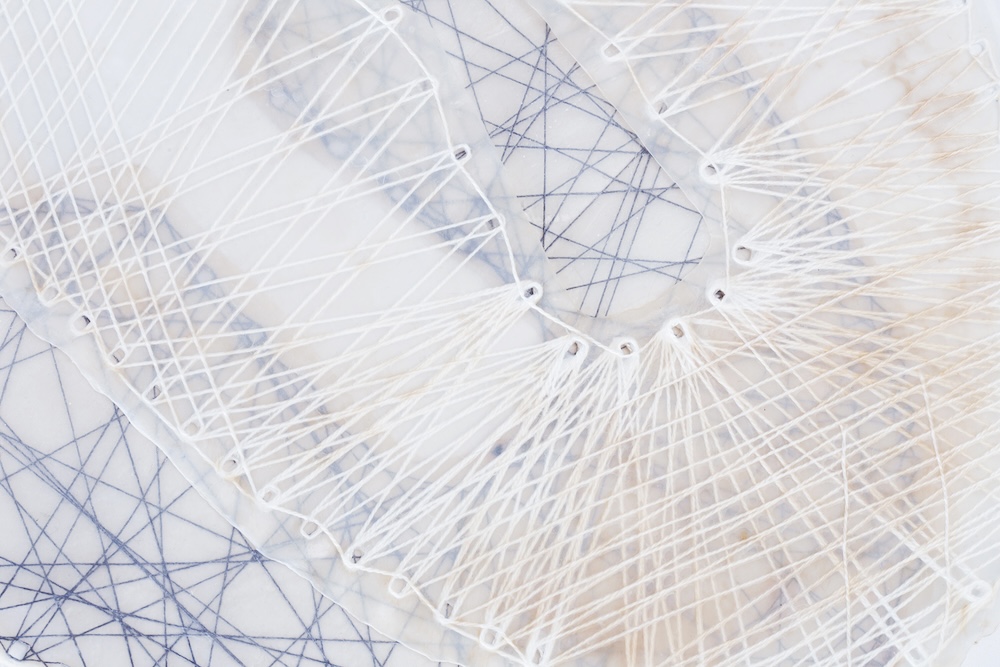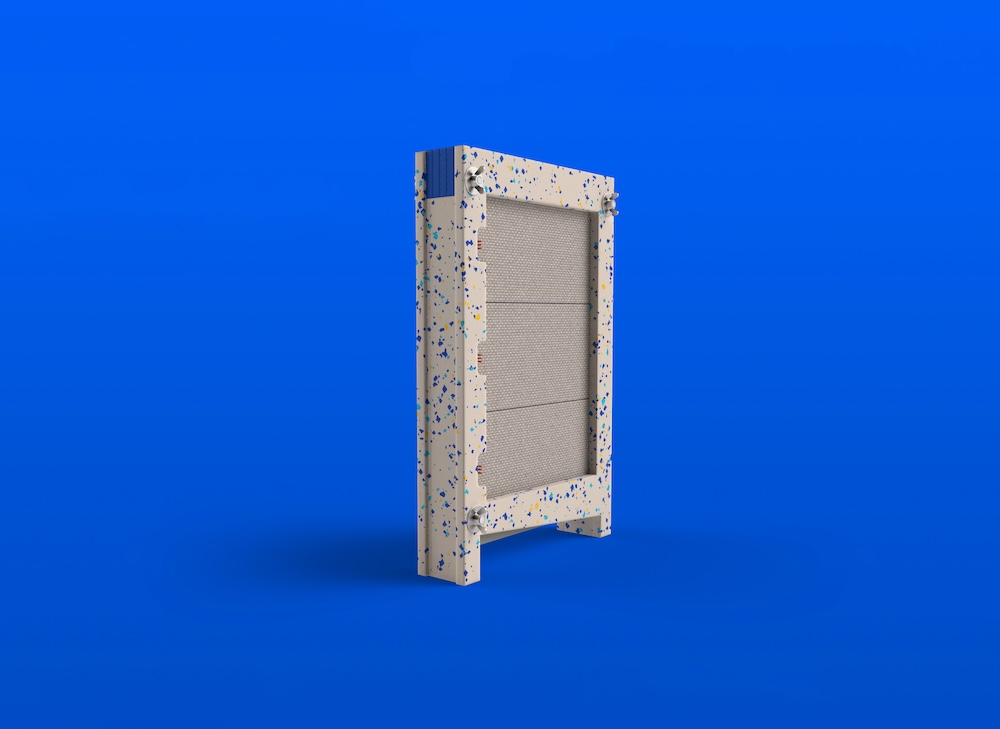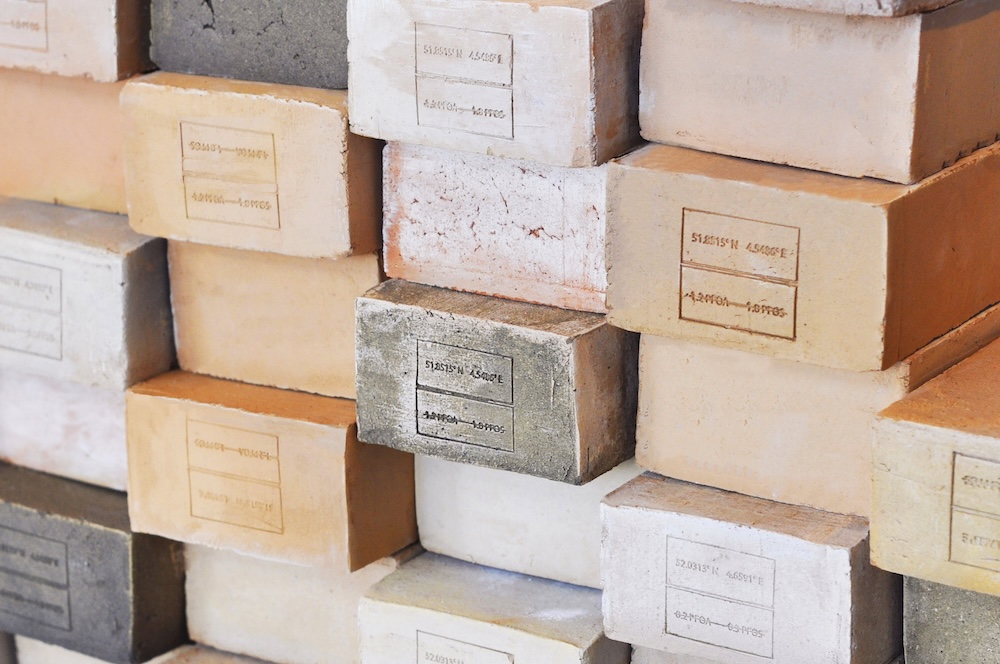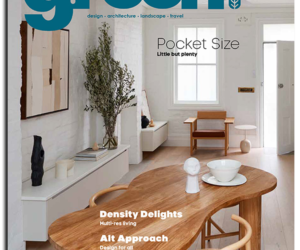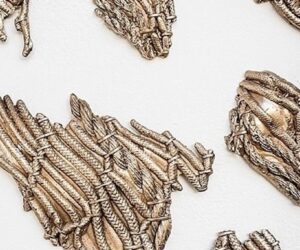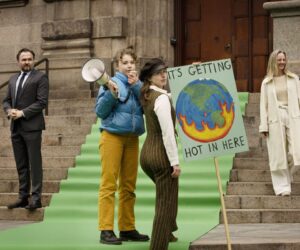Five leading European design festivals have announced the 50 winning projects of the Next Gen Design competition, themed Redesign Tomorrow, Today.
From mushroom farms powered by coffee waste to period care innovations and upcycled fashion collectives, the selected works reflect a strong shift toward circular systems, community empowerment and regenerative practices. The announcement comes at a pivotal moment for Europe — where political polarisation, climate crisis and societal fragmentation are on the rise — as a powerful wave of young creative minds steps up to design a better future.
This announcement marks the latest milestone in Next Gen Design, a groundbreaking three-year initiative led by Mikser Festival (Serbia), Austria Design (Austria), Barcelona Design Week (Spain), What Design Can Do (The Netherlands), and Public Room (North Macedonia). The collaboration is supported by the Creative Europe Programme of the European Commission.
Youth Innovation Across Borders
Launched in 2024, the open call received over 200 applications from designers aged 18–35 across 29 countries. From this diverse and vibrant pool, 50 standout projects were selected for their ingenuity, vision, and potential for systemic change.
From Urban Mycelium Farms in Sweden, which cultivates mushrooms using coffee waste in urban environments, to Piss Soap from the Netherlands—a daring reimagining of hygiene products using human waste—each initiative demonstrates an imaginative and often provocative approach to sustainable design. Other standout projects include Looop Can (UK), a portable cleaning system for reusable menstrual products that tackles period poverty, and Kantamanto Social Club (Ghana), a collective reclaiming the narrative of secondhand fashion through upcycled design rooted in community empowerment.
These winning concepts reveal exciting patterns that highlight the direction of design’s future: many turn to waste as a resource, rethinking what is considered valuable or usable. Projects like Rewild Farming (Netherlands) and ReLEAF (Austria) prioritize regenerative agriculture and circular systems, while others, such as Amber Grain Embroidery (Czech Republic) and Wool Matters (Portugal), draw on traditional crafts and materials to imagine new sustainable futures. Across the winners, there’s a clear movement towards inclusivity, care, and resilience—designing not just for people, but with them. Whether addressing biodiversity, material innovation, or social equity, the selection of winning projects embody a bold, hopeful vision of design as a force for systemic change.
An international jury of design professionals and cultural leaders, including designer and curator Birgit Lohmann (Co-founder of designboom and Founder of NOT COMPROMISED, Germany / Italy), design researcher Laura Clèries (CEO of the Hut Agency, Spain), designer and art director Zoran Jedrejcic (Croatia / Serbia), designer and activist David Jablonski (Co-founder of the Climate Visualisation Collective Klimadashboard.org., Austria) and curator Amanda Pinatih (Curator of Design and Contemporary Art, Stedelijk Museum, the Netherlands), selected the 50 winning projects. Together, their diverse perspectives and expertise ensured a thoughtful, values-driven evaluation process, with a strong focus on circularity, feasibility, creativity, and social impact.
Residency & Exhibition Across Europe
Each of the 50 selected designers will now participate in the Next Gen Design residency programme, hosted by the five organisations. These residencies offer professional mentorship, development support, and a €2,000 grant to work on local challenges together with like-minded people.
In addition, all winning projects will be showcased as part of the Next Gen Design traveling exhibition, which will tour major design events across Europe—from Belgrade to Amsterdam, Vienna to Barcelona, and Skopje—throughout 2025 and 2026.
A New Design Narrative for Europe
Next Gen Design represents a new model of European cooperation: decentralised, inclusive, and youth-driven. In an era that demands imagination and courage, these 50 projects prove that design can be more than aesthetics—it can be an instrument of solidarity, systems change, and ecological regeneration.
View the full list of winners and learn more about the initiative: nextgendesign.eu
